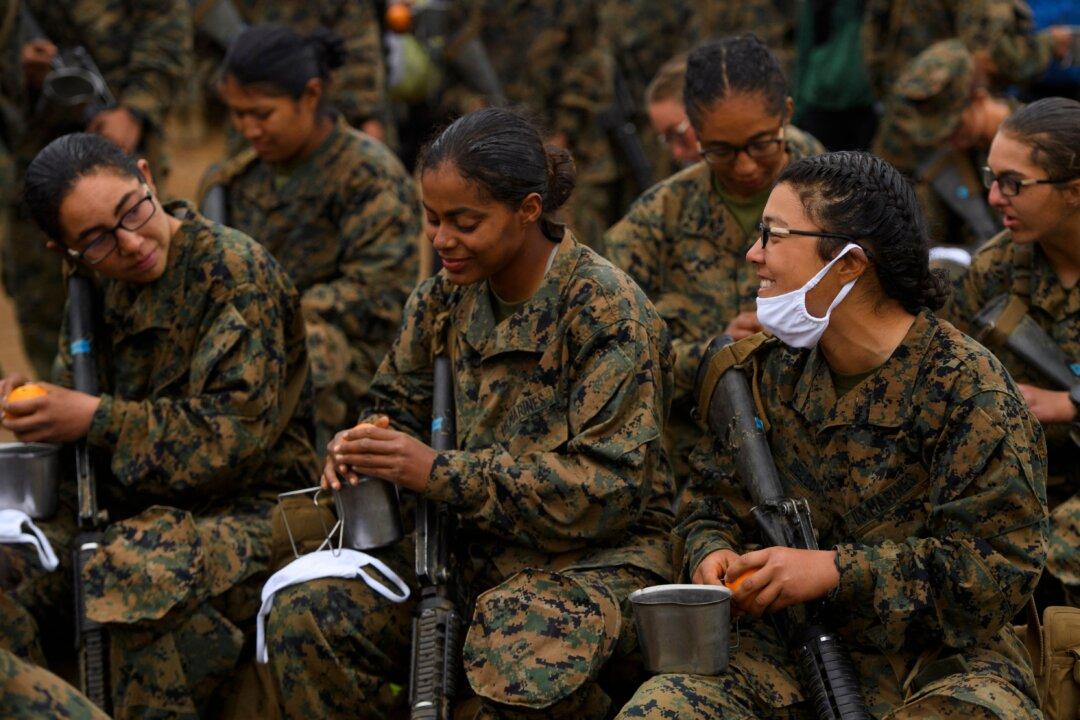After scuttling an amendment that would have effectively suspended military conscription, the House Armed Services Committee (HASC) took a 180-degree turn on Sept. 1 by voting to expand the draft to women.
The decision came late in the markup of the 2022 National Defense Authorization Act (NDAA), with lawmakers voting 35–24 to pass a bipartisan amendment by Reps. Chrissy Houlahan (D-Pa.) and Mike Waltz (R-Fla.).




